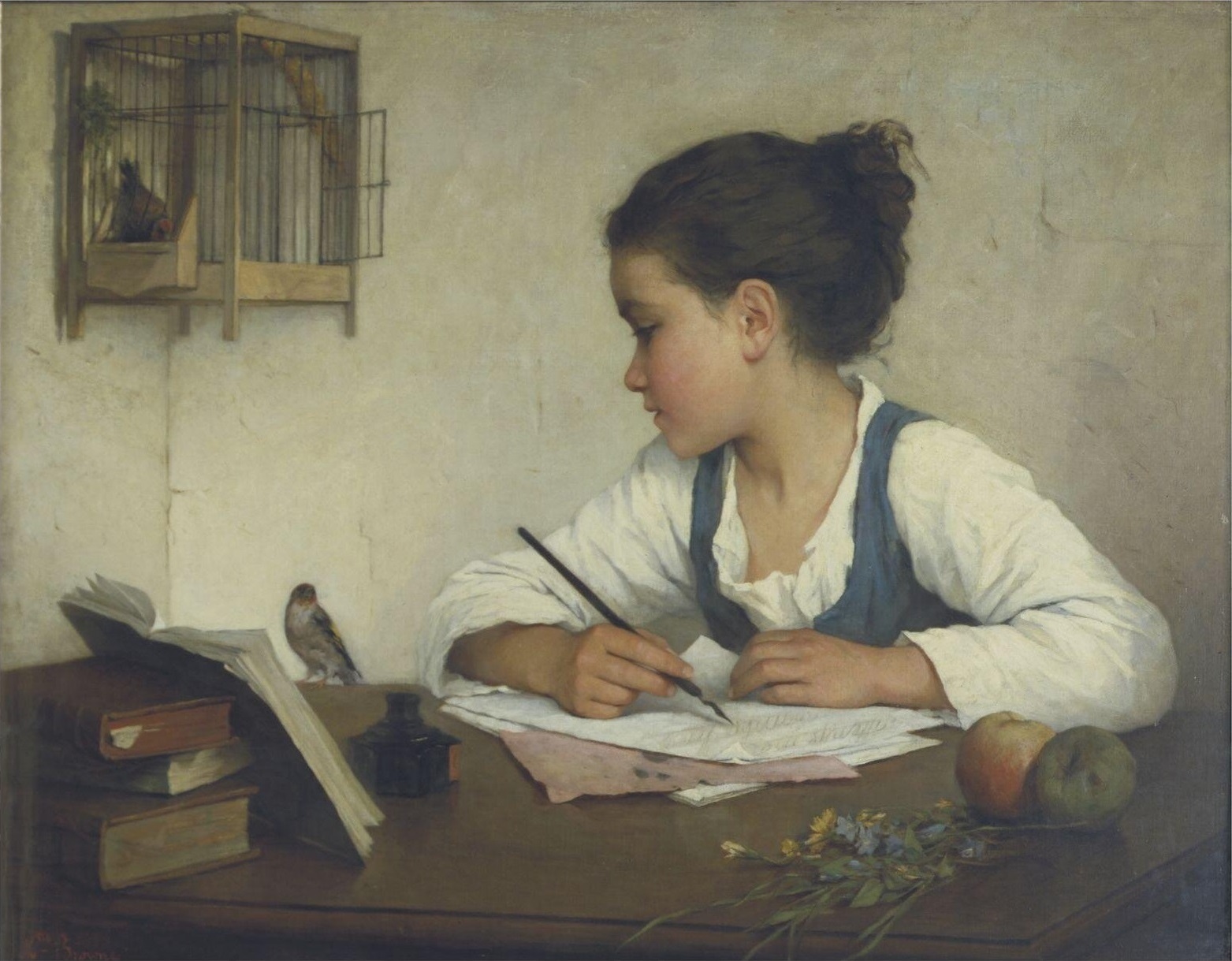Challenges of writing in English and impact factors
This is the first in a series of blog entries about publishing university-level research internationally. It is particularly aimed at Thai ajarns and students. Many ajarns and students are required to write an academic article at some point in their careers.

Getting this article published can be satisfying, although challenging.
The fact that such publication is required should not necessarily remove all the enjoyment from the exercise. Whatever your field of study is, at some point you probably have felt some enthusiasm about a topic and the desire to tell others about what you may have discovered. If you feel you have a new and unexpected insight into some aspect of your field that has not been widely discussed before elsewhere, then it is likely that you already have a potential subject for a publishable article.
The real challenge for any Thai ajarn or student is to package these insights in a way that will interest the editor of an international journal. Writing a paper that will please an ajarn or fellow colleagues is a different challenge from pleasing an editorial committee. Try imagining that you are an editor. It is your job to select a small number of articles from the hundreds or thousands that are submitted each year to significant publications. Which ones would you choose? If you keep in mind what editors are looking for and try to put yourself in their place, you will have a better chance of being accepted.
How can you tell what editors are looking for? Fortunately, every publication has a website with guidelines for prospective authors. Some of these guidelines are badly written or difficult to understand, and almost all of them are boring to read. Nevertheless, they are essential reading, if you want to have a chance of being accepted by any journal. So if you can, even before you start writing an article, look around the library or online for journals in your field that might be a suitable place to publish. Do they publish the kind of thing you are planning to write?

There is no substitute for being a reader of a journal to which you hope to submit an article. If you do not have time to read a whole journal, just quickly look over the abstracts of articles they have published in recent issues, to see the subjects of research that interest them, and how it is presented. Even looking at the titles of articles, which is the least time-consuming of all, can give you an idea about the kind of thing a journal tends to accept. Generally you will note that each article in a leading publication is either a fresh discovery that was not familiar in a given field, or sheds new light on a neglected field by analysing data in a special way.
If you can say that your article will contribute this sort of innovation to the scholarly community, then you are ready to think about which journals to examine in order to have a decent chance of being published in one of them.
The Problem of Impact Factor

What journal or journals should you target? There has been a great deal of discussion and even controversy about the idea of impact factor of academic journals.
Impact factor basically asks the useful question of who will see your article if it is published. Is the journal an international one with a widespread readership who cite the articles in it frequently? Or will your article mainly be seen by your friends and family? Publishing an article in a periodical with only one editor who makes the final decisions is certainly the easiest way to get into print, especially if the editor knows you and owes you a favor. Yet since in that case, the resulting article will never be seen by most of the world, it may be wiser to spend extra time to get into a more internationally esteemed journal, as evaluated by Thomson Reuters and other authorities. Many journals will note not only their own impact factors, but also the impact factors of other journals, such as this extensive list from Nature Magazine.

Without getting into the question of relative rankings, you can make a common sense judgment about which magazine is suitable for you. Is it associated with a major international publishing house? Are its authors and editors from recognized universities in different countries? If so, it will likely be worth considering as a place to publish your article. Do you yourself look at the journal online or in the library from time to time? Have you had occasion to cite the journal in your own research in the past? Again, if it is a useful publication, then it is likely you will be happy to be associated with it in future. Keep in mind that it is usually a long process to submit material to journals, wait for editorial decisions, and finally see something in print. To know in advance that your work and patience will be worthwhile is a major encouragement.
If, however, a journal which you admire mainly prints work by Nobel Prize winners and you have not yet won the Nobel Prize, you may wish to realistically scale down your expectations. Remember that all kinds of people in your field are competing for the very limited space in any academic journal.
The Problem of English
An “elephant in the room” is an expression that applies to the problem of English in Thailand, although in the Kingdom, people generally feel much more affection for elephants than for English. An overwhelming issue impacting Thai people is the nation-wide lack of skills in English. Naturally, most people do not wish to focus on this painful problem for long. Yet the authoritative English Proficiency Index (EF EPI) informs us that of sixty world countries studied, Thailand currently has “very low proficiency.” The failure of Thailand’s Ministry of Education to prepare young Thais for the challenges of international communication is a subject of great scope, far beyond the limits of a mere blog. Yet we should remember that any attempt to reach out to the international community in print inevitably must deal with this significant challenge. There are different ways to address the problem. Some Thai students and even ajarns choose to avoid it entirely, by keeping their professional and income-earning activities entirely within the limits of the Thai language, an understandable if not always practical choice. Once you have decided to venture into the field of expressing yourself in a foreign language which is very poorly taught in your country, then special issues arise.

Correction services?
As one solution, some academic journals offer high-priced editing services, which improve the quality of English of finished articles which have been submitted to them. These journals do not guarantee that the corrected articles will be accepted after you pay a lot to have them corrected, but then you are free to submit the same article elsewhere, in better English. Most Thai ajarns and students use a comparable service which costs less, namely asking farang friends or colleagues to correct their work for some amount of money, usually less than a professional editor would be paid. This can only solve the problem to a limited extent, since editing is a demanding professional activity even when it is done by experienced professionals, let alone by amateurs, however well-intentioned.
It is far better for Thai authors to think about using the English language in an article even before anything is written. In other words, by better preparing before you actually write an article, much less correcting of all sorts will be necessary later on. If you plan ahead and do research on the subject of writing articles, just as you research your own academic speciality, then it is certain your path to publication will be smoother. Just because in Thailand, the subject of English is usually studied at a much lower intellectual level than the level of your chosen subject does not mean it can be safely ignored.
Look at the adventure of getting published as a possibly exciting exercise with potentially rewarding results. It will probably not be easy, but you may find it gratifying even if you may have to accept failure before you experience success. In the blog entries that will follow, we can plan to look at some specific issues arising when we prepare to write an article destined for publication.

(all images are courtesy of Wikimedia Commons).
